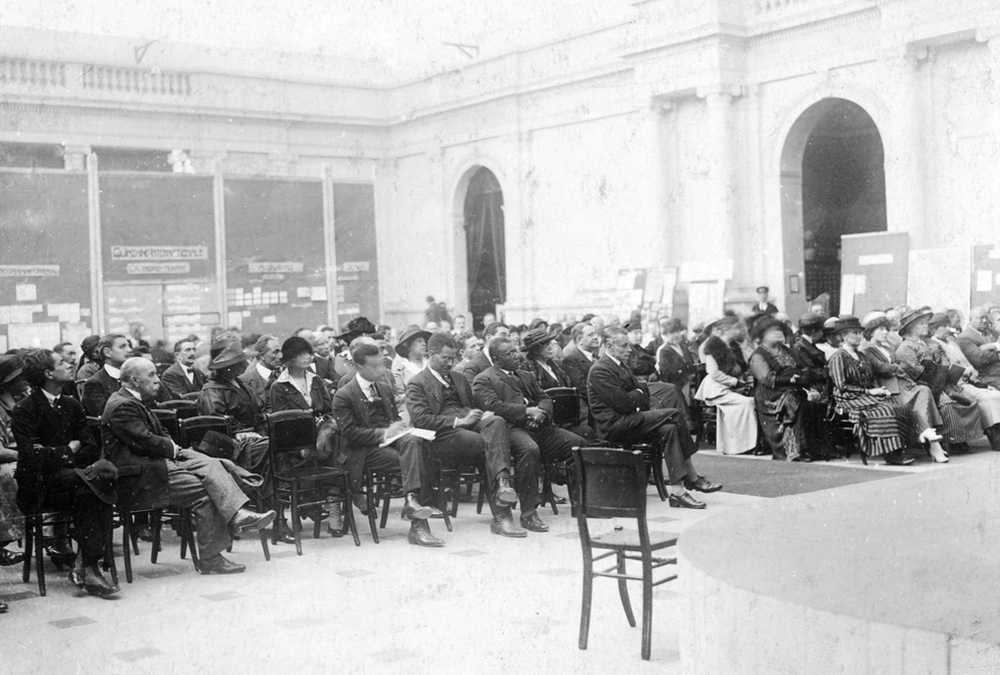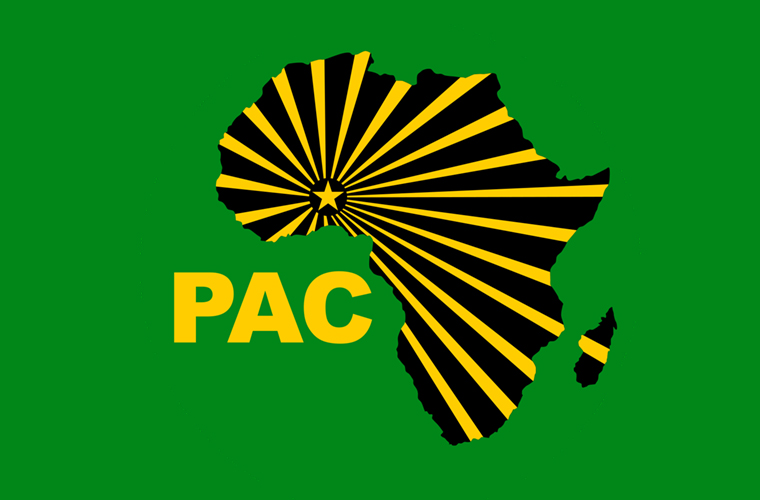The Pan-African Congress was a series of international gatherings of African and African diaspora leaders that aimed to promote unity and solidarity among people of African descent and to advocate for political and social rights for Africans and people of African descent worldwide.
The first Pan-African Congress was held in 1900 in London, organized by Henry Sylvester Williams, a Trinidadian lawyer and activist. The conference brought together 30 delegates from Africa, the Americas, and Europe to discuss issues such as racial discrimination, colonialism, and the need for African self-determination. The conference resulted in the formation of the Pan-African Association, which aimed to promote the unity and liberation of Africa and its diaspora.

Subsequent Pan-African Congresses were held in various locations around the world, including Paris (1919), London (1921), and New York (1927). These congresses continued to focus on issues such as colonialism, racism, and self-determination and served as a platform for African and African diaspora leaders to network, share ideas, and coordinate strategies for political and social change.
Perhaps the most well-known Pan-African Congress was the Fifth Pan-African Congress, which was held in Manchester, UK in 1945. This congress was attended by prominent African leaders such as Kwame Nkrumah, Jomo Kenyatta, and W.E.B. Du Bois, and focused on issues such as the end of colonialism, the struggle for African independence, and the promotion of African unity. The congress resulted in the formation of the Pan-African Federation, which aimed to coordinate the efforts of African nationalist movements across the continent.
The legacy of the Pan-African Congress can be seen in the subsequent struggles for African independence and the ongoing efforts to promote African unity and solidarity. The Pan-African Congress was instrumental in the development of pan-Africanism as a political ideology and social movement and continues to inspire activists and leaders today.

